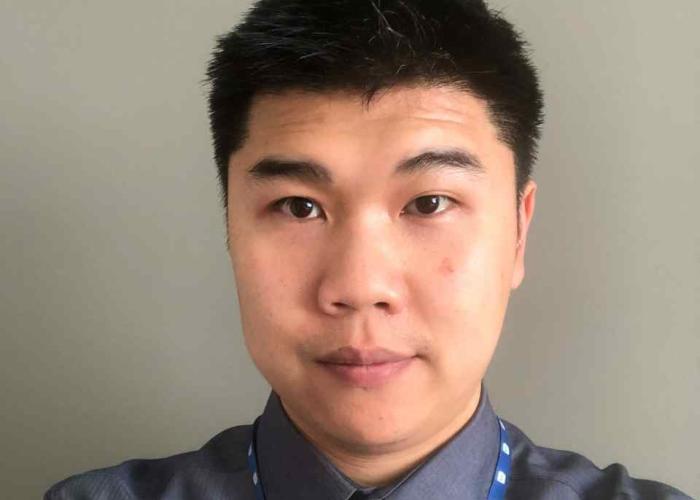
Dr. Joseph Lau is working to develop the next generation of radiopharmaceuticals for both diagnostic and therapeutic purposes. Radiopharmaceuticals are radioactive compounds used in cancer care. From a diagnostic perspective, his work focusses on making these radioactive agents better able to detect and visualize cancers in the body. From a treatment perspective this helps oncologists determine if a cancer is operable, delineates margins for radiation planning or select targeted-therapies based on molecular properties of cancer.
“Radiopharmaceuticals have the potential to greatly improve the quality of life and life expectancy of patients with cancer, especially for people with metastatic cancer,” says Dr. Lau. “Radiopharmaceuticals are molecules produced in a lab that can selectively bind to biomarkers found on the surface of cancer cells. By selecting different radioisotopes, we can repurpose a diagnostic agent into a potent radiotherapeutic.”
Over the course of his career, Dr. Lau notes some significant steps forward in the field of nuclear medicine including major advances in drug development, radioisotope production, synthetic chemistry, instrumentations, and image quantification.
As a former trainee with the BC Cancer Research Institute, Dr. Lau is thrilled to be back and start his independent research group, which was made possible through an anonymous donation to the BC Cancer Foundation.
“BC Cancer is well-positioned to be a leader in radiopharmaceutical imaging and therapy administration,” says Dr. Lau. “Recently, we were designated as a Society of Nuclear Medicine and Molecular Imaging (SNMMI) Comprehensive Radiopharmaceutical Therapy Centre of Excellence. This designation improves the ability of our patients to access new radiopharmaceutical therapies, participate in clinical trials, and further solidifies our commitment to patient engagement and education. With the Institute of Advanced Medical Isotopes (IAMI) being commissioned, we will have increased research and clinical capacities for BC Cancer and the province.”
Joining BC Cancer also allows Dr. Lau the opportunity to reconnect with old mentors and establish new cross-disciplinary collaborations with scientists and clinicians. For new scientists looking to get into the field, he offers some advice, “Nuclear medicine spans many disciplines, including radiochemistry, biology, biochemistry, and medical physics. It’s important to embrace collaborative research.” He recommends attending departmental events, conferences, or symposiums where new trainees can interact with researchers and seek out mentors.